As a
psychologist and suspense novelist, I’m all about delving into the dark corners
of the heart. What does it take to
create characters that are complex, believable, fallible and interesting? Consider these five strategies.
·
Give them goals. What do your characters want badly enough
to pursue in the face of all the obstacles you’re going to plant in their
way? What does your protagonist believe
her goal will bring her? It’s the quest,
usually for something illusory or unattainable, that drives our characters’
stories, protagonist and antagonist alike.
·
Turn them loose. An intriguing discovery I’ve made as a
novelist – and heard from fellow writers – is how our characters surprise
us. Off they go, heading in directions
we didn’t anticipate. They seem to take
on lives of their own. The first time I
experienced this (two of my characters started having an affair I hadn’t
expected), I feared I’d lost control of the narrative. Instead, it developed into a nice plot
twist. Over time, I’ve come to welcome
unforeseen character turns, which often move the story forward in exciting ways.
unforeseen character turns, which often move the story forward in exciting ways.
·
Let them fight. Conflict is a page turner. Whether it’s a protagonist’s inner struggle
or clashes between characters, good stories thrive on the drama of
contention. Look for opportunities to
play up these moments, via climactic showdowns and simmering tensions in
between. If you write a single page
without a trace of conflict, be concerned.
A whole chapter without conflict?
Revise.
·
Make them suffer. One of the downsides of caring about our
characters is a tendency to want to protect them. But they must get roughed up on their
journeys. I’m forced to battle my own
squeamishness (it really hurt to have my protagonist’s best friend give him a
broken nose). But pile it on we
must. Our protagonists must endure
enough adversity and anguish to turn into heroes. Readers are inspired by characters who
survive the storm.
·
Have them learn. Our job is to help our protagonists grow,
in spite of themselves. They may start
out frightened, clueless, deluded or otherwise blind to what they’re
avoiding. But the arc of their
development demands they discover something about themselves, their goals or
the world that frees them from their limitations. Whether they end up triumphant or merely
sadder and wiser, their stories must feature transformation. And then we, the writers, are transformed by
telling their stories. We turn into
novelists!
About the Author
Freda Hansburg is a psychologist and Tell On You is her
debut trade thriller. She self-published
the suspense novel Shrink Rapt and co-authored two self-help books, PeopleSmart
– a best-seller translated into ten languages – and Working PeopleSmart. Freda lives in the South Carolina Lowcountry,
where she is working on her next novel and her Pickleball game.
Her latest book is the thriller, Tell
On You.


















































































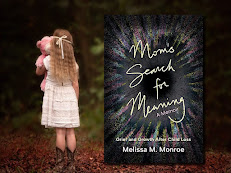
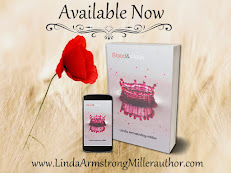


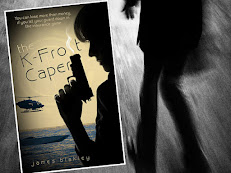

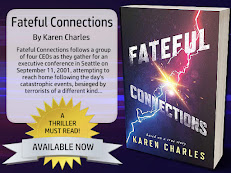
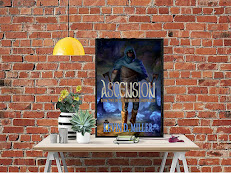






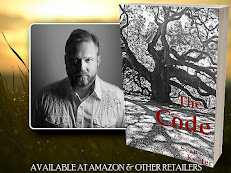

























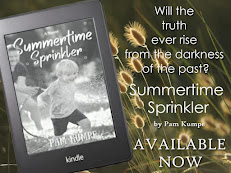

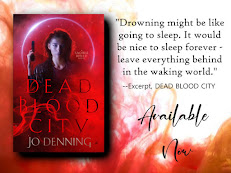


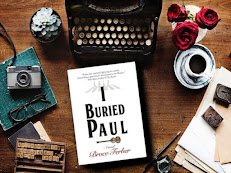



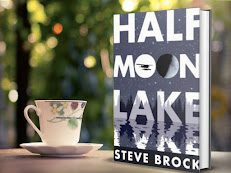

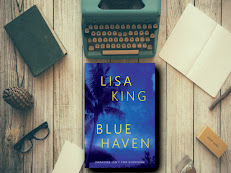



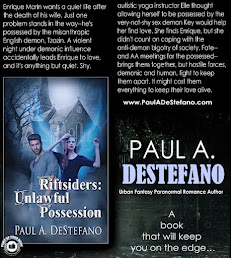



































No comments:
Post a Comment